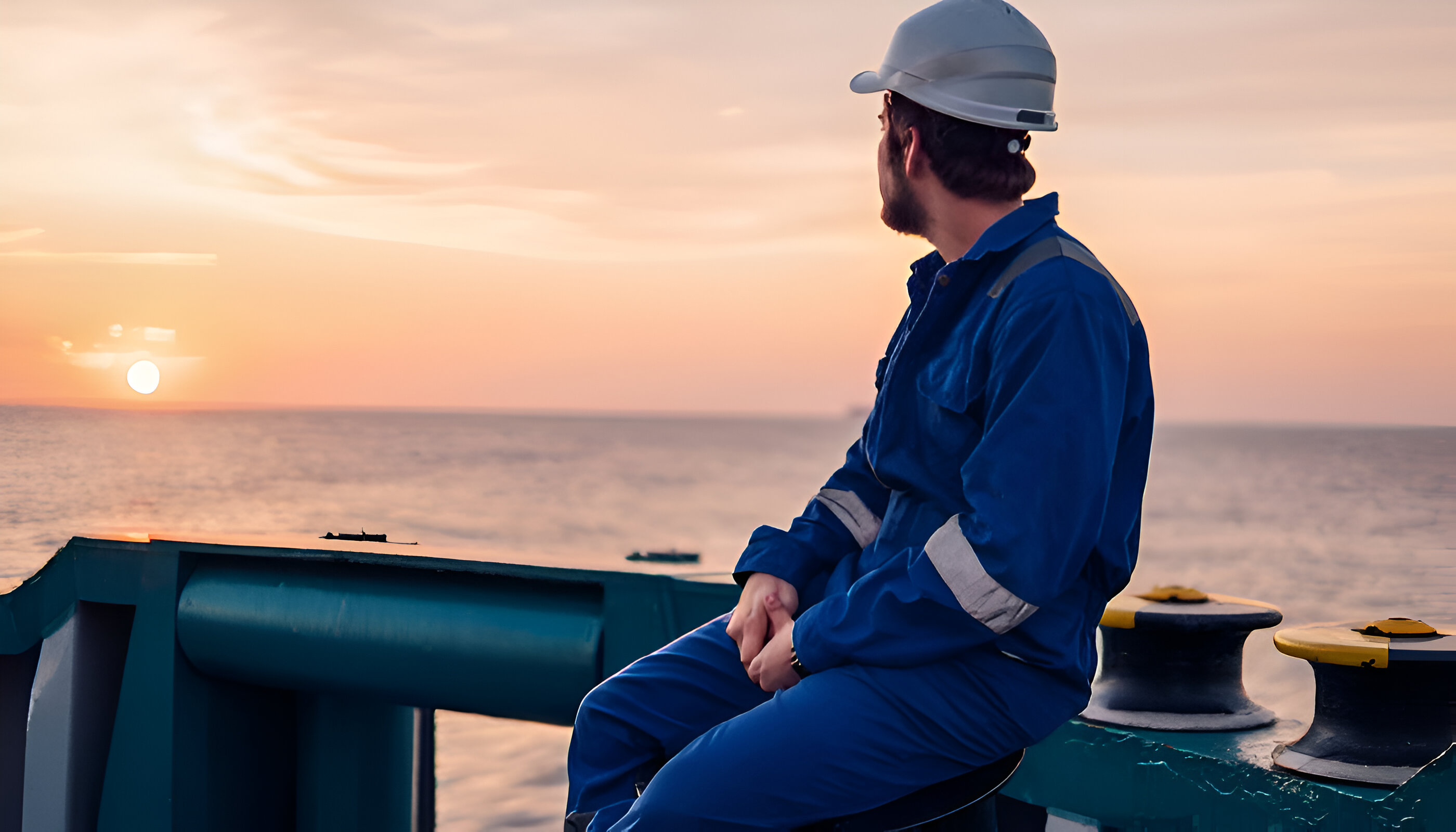Experts predict spike in vessel detentions as inspection restrictions end
November 13, 2020 Maritime Safety News
Industry experts predict an imminent spike in vessel detention rates as inspections and surveys resumed, on 20 July, as COVID-19 restrictions ease, with crew wellbeing and rights issues expected to be one of the top reasons for detentions.
Following the UK Maritime Coastguard Agency (MCA) announcement of a phased resumption of inspection activities, beginning 20 July, Mark McGurran, group managing director AqualisBraemar, told SAS he expects to see an increase in Maritime Labour Convention (MLC) deficiencies caused by lack of crew changes due to COVID-19 travel restrictions.
“MLC deficiencies might also be more frequent in the immediate future as many seafarers have been stuck on board longer than the usual maximum periods due to travel restrictions, closed borders and unfortunately sometimes the lack of compassion and cooperation from local authorities,” said McGurran.
Capt. Matt Turner AFNI, a former Paris MoU PSC Officer (UK), agreed with McGurran that MLC violations will be “high on the ‘detainable deficiencies’ list” as more inspectors begin making their way on board ships. Turner also predicted a rise in International Safety Management (ISM) Code failures, as certain shipping companies have exploited the widespread use of extensions and dispensations granted by Flag States, and will expect them to be automatically accepted by Port State Control Officers (PSCO).
“I think we will see a large increase in vessels being detained by PSC MoU’s, partly due to the attempt at wholesale disregard of Conventions by the commercially focused Flag States,” Turner told SAS. “[Such Flag States] continue to issue dispensation and exemption letters well beyond the scope that the Conventions allow, to suit their commercial objectives”. One may question, at what point would a Flag State withdraw certification if a vessel is not in compliance, Turner put forward.
Due to the suspension of ship surveys and inspections, three-month short-term certificates were issued to ensure vessel compliance. The MCA in its announcement on 6 July stated that these would remain valid until their expiration, but specified to SAS that going forward such certificates would only be issued in exceptional circumstances beyond the 20 July resumption of inspection activities.
Claudia Ohlmeier, maritime group leader PSC, DNV GL, estimated that, as well as MLC and ISM issues, PSC regimes will probably focus on the implementation of new requirements that entered into force in 2020. “For example, since March 2020 high-Sulphur fuel oil cannot be carried in fuel oil tanks unless the vessel is fitted with a fully operational exhaust gas cleaning system or other approved equivalent arrangement e.g. a fully operational scrubber,” explained Ohlmeier.
McGurran also predicted that deficiencies in relation to certification might also be on the rise as, due to backlogs, shipping companies may not have been able to arrange for surveys and the renewal of certain statutory trading certificates.
The suspension of PSC inspections was announced by all 10 PSC regimes at a virtual summit hosted by the International Maritime Organization, on 8 April. The regimes agreed to a more targeted approach during COVID-19, to ensure the safety of their surveyors and inspectors. As such, inspections were greatly reduced; according to data provided by DNV GL, on average there were 70 vessel detentions a month under the Tokyo MoU in the last quarter of 2019, which fell to between 14-20 detentions during the months of the COVID-19 outbreak. DNV GL data also shows a resumption of inspection activities, inspection rates under the Tokyo MoU rose from 1117 in April to 1640 in May 2020.
The announcement made by the MCA may be the first of many and signal a return to normalcy when it comes to inspections. The phased approach means that currently only survey and inspection of UK flagged vessels will be carried out, with PSC inspections expected to be resumed imminently.
During the COVID-19 restrictions there has been a reliance on remote surveys to protect crew and inspectors from spreading or contracting the virus. Questions have arisen over whether this trend will continue, as well as over the effectiveness of remote surveys.
“The real observed situation onboard by a PSCO [port state control officer] may differ greatly from the video streamed attendance that a Class Society or Flag State may have been involved in,” commented Turner. He also raised concerns over the use and scope of checklists to provide the same level of inspection that a formally trained PSCO with the freedom to wander around and ‘smell’ deficiencies will be able to.
McGurran agreed stating that remote surveys were limited in effectiveness. “Physical attendance where possible is of paramount importance, especially for more critical issues; no technology has yet been invented that can effectively replace the basics. The intuition and senses of an impartial, experienced surveyor remains the best means to assess any situation,” he said.
Ohlmeier, on the other hand put forward that remote surveys are equal to in-person surveys in their assurance and scope and that it is only in the delivery that they differ. However, all three agreed that remote surveys will not fully replace the role of a physical surveyor on board yet. “We do not, however, view remote surveys as being a solution for all surveys. In most cases, we will still prefer an in-person survey to benefit from the professional judgment and instinct of our highly experienced surveyors,” concluded Ohlmeier.
Source: safetyatsea





